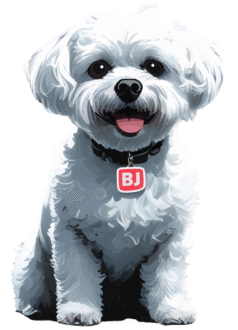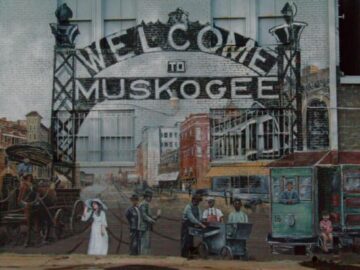They say the land remembers.
Maybe that’s why I kept coming back, to the red dirt riverbeds, to the trails where cedar smoke used to hang like breath in winter. I didn’t grow up with a map of who we were. I grew up with silences.
My grandfather, Wilson, was Muscogee. Proud and quiet and carved from the same stubborn roots that held our family in Oklahoma long after the treaties broke. He never raised his voice, but when the land was disturbed, when a sacred hill was bulldozed for a road, he didn’t have to. You could see it in the way he stopped whittling. The way his hands shook.
Never saw him cry. Not once.
But I felt the grief just the same.
It wasn’t loud or theatrical. Just quiet, sharp tears while he sat on a wooden stool, carving the handle of a hawk feather fan. I don’t remember what sparked the moment — maybe it was the letter from the Bureau of Indian Affairs, maybe it was the news that yet another sacred mound had been flattened for a road.
All I remember was the silence.
We were Muscogee. Still are. At least in blood and bone, if not always in law. My grandfather, Wilson, was born before we had plumbing, before we could vote, before the tribe was even recognized as sovereign again. He had walked these lands barefoot, fished these rivers, sang the old songs in a whisper so the white teachers wouldn’t beat it out of him.
I once asked him what he feared most.
He said: “That they’ll make you forget you come from fire.”
That stayed with me. Through school, through Vietnam, through working construction with my hands cracked open from winter concrete. We weren’t taught our language. We weren’t given maps to ourselves. What we had were fragments, stories around the table, sweat lodge prayers, beadwork that looked like lightning.
Well, I didn’t know how much had been taken until I tried to teach my own daughter. She asked what our clan’s name meant, and I had no answer. The shame curled in me like smoke.
So I started asking.
Driving back to the land where my grandfather was born, what’s now part of someone’s cattle ranch. I stood at the edge of a creek he used to fish and poured a little cornmeal in the water. I said the only phrase I remembered — Mvto, enkv.
Thank you, my ancestor.
I gathered stories, half-whispers from elders who were willing. I learned how the government tried to strip our tribal courts, how boarding schools took our children, how pipelines tore through our burial lands. Sat through hearings where senators mispronounced our nation’s name. I joined protests in boots that were too thin for winter.</p>
And still, I told my daughter: Don’t just inherit the wound. Inherit the fight.
Today I’m 68. My knees ache. My hearing is going. But the fire still burns.
We got our language back, not all, but enough. Enough to name a baby, bless a home, sing the old hymn in both English and Muscogee. My granddaughter just turned six. She calls me “Epe,” and knows our clan animal. She dances in the powwow circle without fear. When she asks where we come from, I don’t have to stay silent anymore.
Some days I still hear my grandfather’s tears in my memory. Not in sorrow, but in ceremony.
That’s what this story is. My ceremony of remembering. My answer to their erasure.
We are still here.

